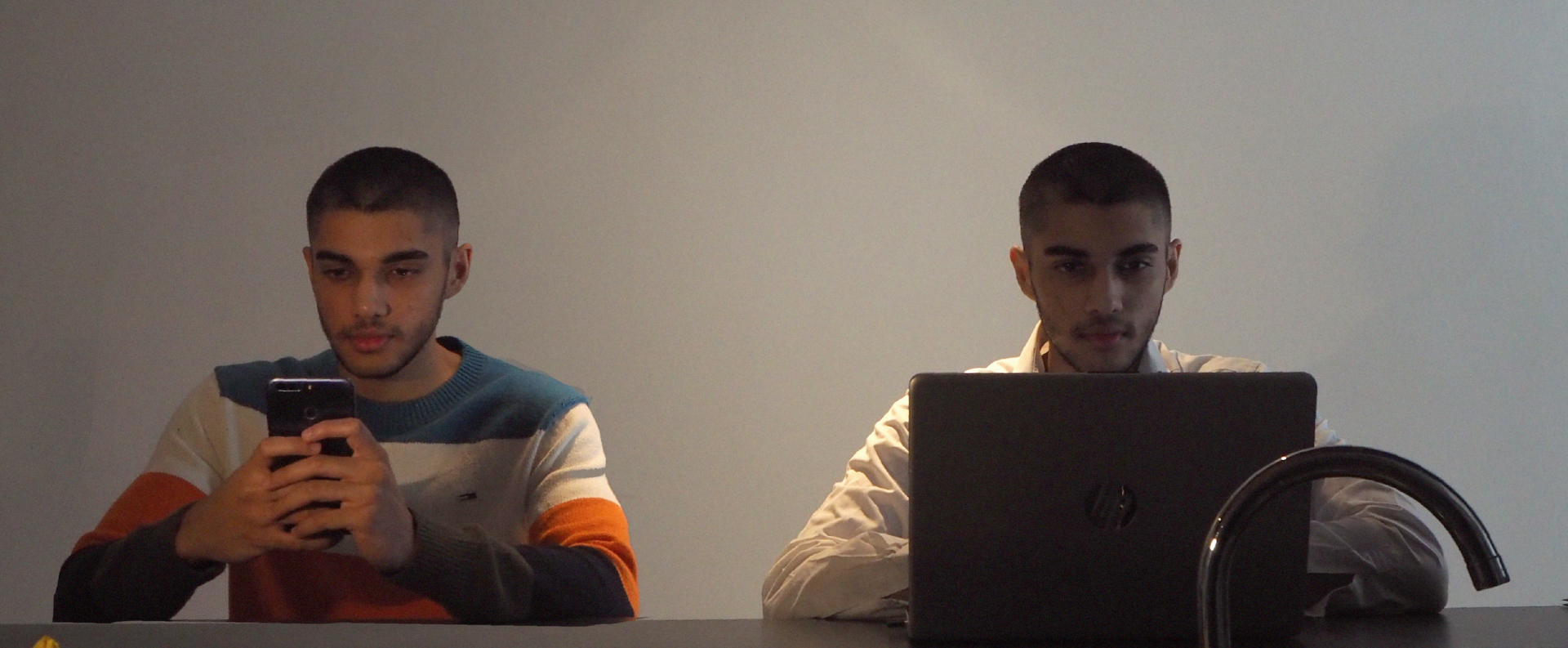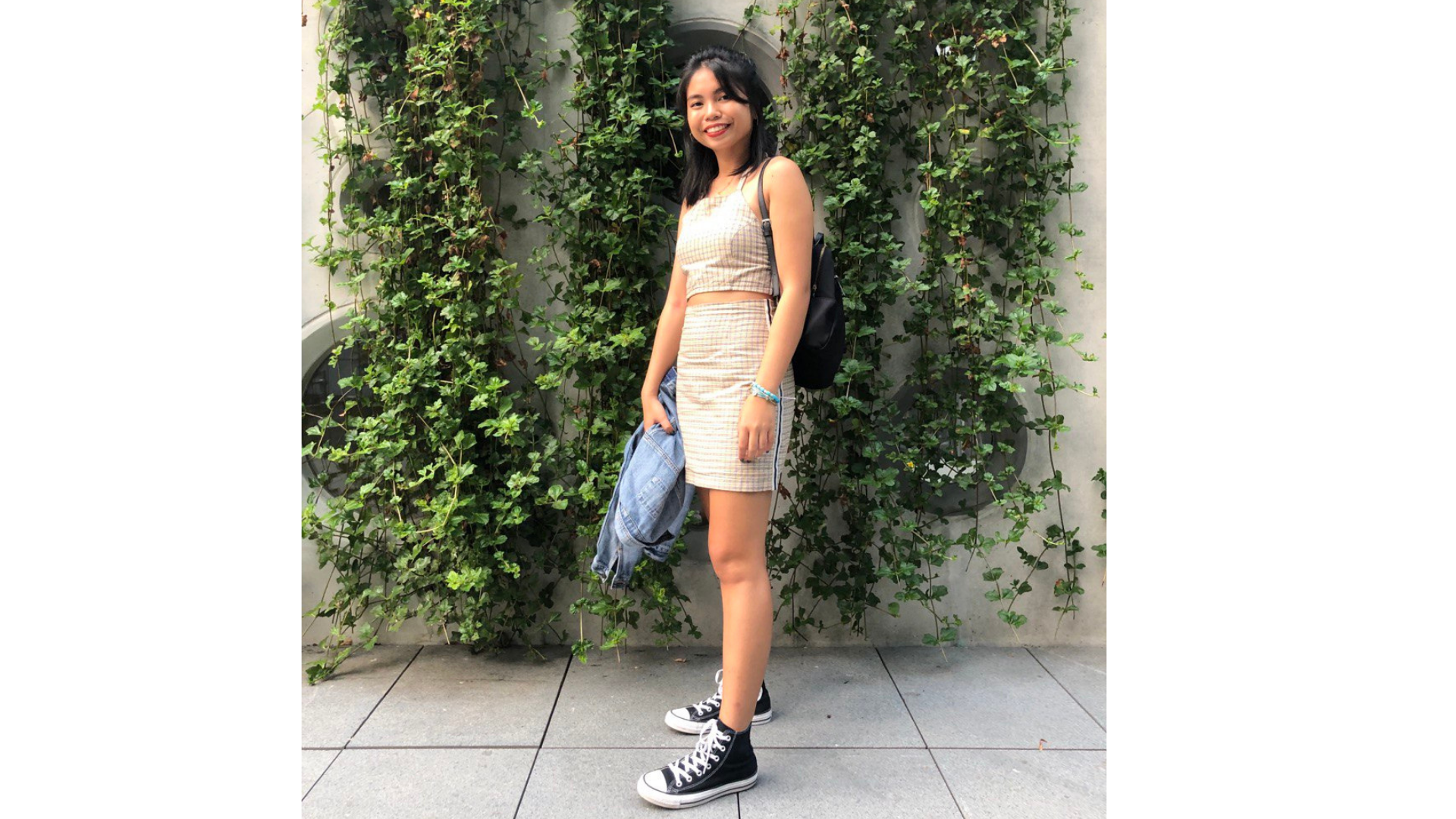By Ishan Singh
Since a young age, I've become accustomed to moving. Born and raised in India, I had already experienced relocating across five different cities by the time I started my university education at SMU. However, coming to Singapore marked the first time I would be living overseas by myself. So, picture me in a new place—surrounded by new sights and people. From the way I sounded and the way I looked, it was fairly obvious that I wasn’t from around here. Naturally, at school camps and orientation sessions, that prompted several variations of “Where are you from?” and “Where did you grow up?” directed my way. In hindsight, I really should have prepared for those.

Ishan is online a lot. Image courtesy of the author.
See, I don't really know where I grew up. Was it a physical location where I spent the most time? Somewhere that I have the fondest memories of? Or a place which shaped me the most as a person? My answer has less to do with any of the five cities where I've lived in. In actual fact, I would have to say that I grew up on the Internet.
Thinking back, it’s almost unbelievable how much of my life has been spent online. The World Wide Web is where I learned how to tie a tie and to play the guitar. It’s where I found the answers to countless questions which I really shouldn’t have been asking. For better of worse, the online space has played a huge role in my thinking and emotional development, and I believe that I'm not alone—most of us from the Internet Generation have been on social media since before our teenage years. And now, being the pioneer batch of Internet users to enter adulthood, we are also managing the reality of balancing dual existences: offline, and on social media.
![]()
Image via rawpixel.
So, can online-offline balance exist? I spoke to two members of the Social Space team for their thoughts. Fellow Gen Zers, this is what they had to say.

“Most things are created with positive intentions, but they may have unintended consequences,” said Elyza Mendoza, on social media culture. She spoke about how the "Like" button was introduced as a way to express positivity, but over time it has become a metric by which many people measure their popularity and self-worth. "For me, it got to a point where I had to consciously limit my time on social media, because I was caught in an endless cycle of feeling overwhelmed by information, then coming back for more." Elyza acknowledged that with so much going on in the world at any given time, it can be easy to feel helpless, and therefore advocates for a moderated approach.

Michelle Cao added, “It’s easy to get addicted to one’s social media identity. I don’t think social media culture is inherently good or bad—it plays a big role in our lives, and it’s up to us to ensure that we maintain a healthy relationship.” She uses social media, particularly Instagram, as a way to keep up with others and follow people she likes. "Seeing everyone post their highlights, it can be fairly easy to fall into the trap of wondering why one's life isn’t as fun or eventful as how another person's seems to be," Michelle admitted, though she does not believe that social media accurately portrays real life. "People cherry pick and share their best moments, and leave out all the mundane stuff they don’t want others to see."
With easy access to knowledge at the click of a mouse, we are moving deeper into a world where digital technology is an integral part of daily lives. Therefore, we must recognise the need to moderate our use of social media and the time that we spend on the Internet.
What are your thoughts? Are you a fellow Gen Zer who grew up online but is now ready to regulate your relationship with the virtual world? Join our #CurbYourConsumption movement and follow us on Instagram to see how we attempt to do just that.
Banner image courtesy of rawpixel.








Comments